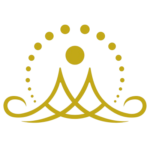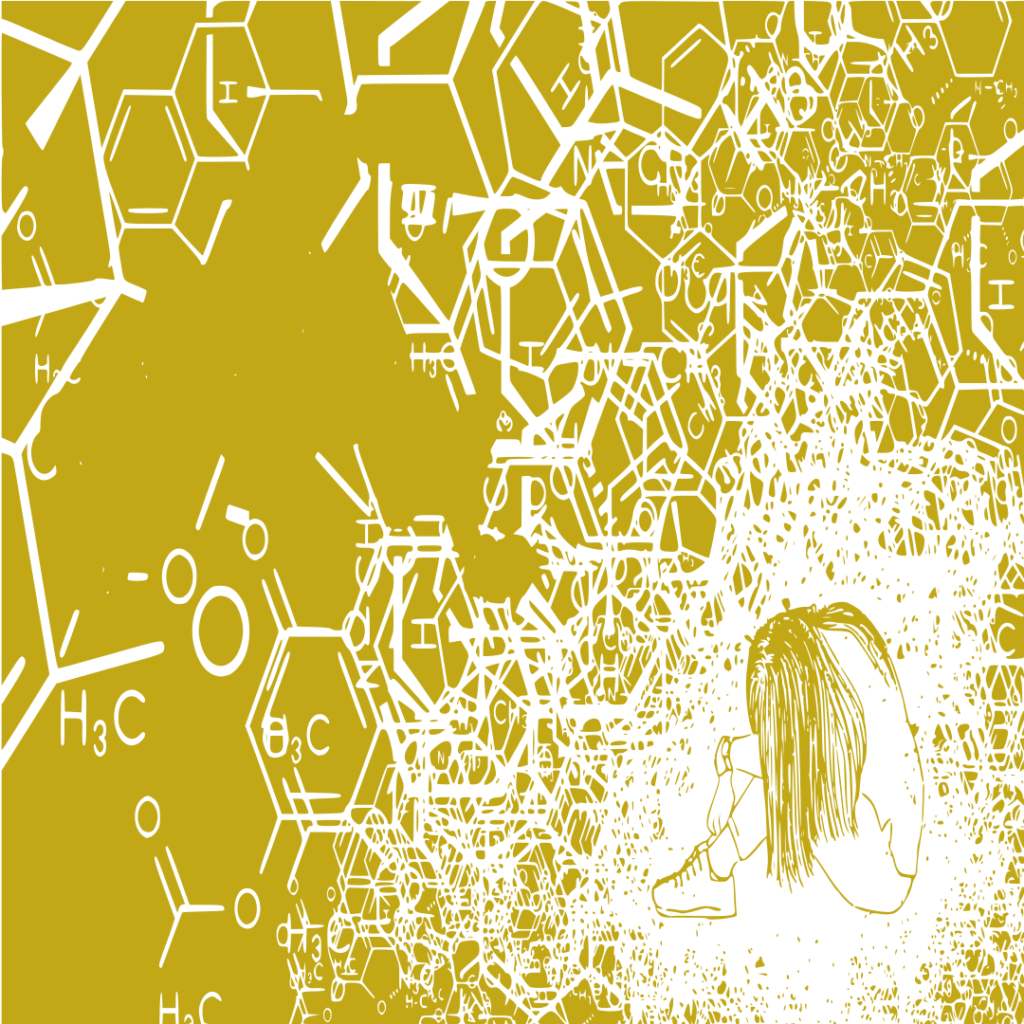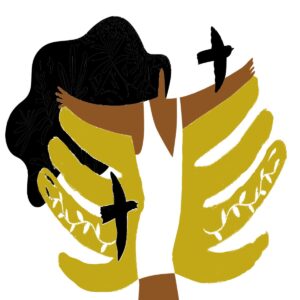As a 20 year old I thought I was smoking weed for fun. I was wrong.
It was fun initially as it brought some good feelings. But I started feeling worse when I didn’t smoke.
Soon I developed tolerance and I needed more and more weed to feel good.
It got to a point where I couldn’t live without weed. I became a full-blown addict who smoked 24/7.
The main theme of my entire day was about getting high. I couldn’t focus on anything else.
I didn’t know I was trying to escape my anxiety with weed. At one point, my emotional pain got so intense that I couldn’t escape with any form of addiction.
I had this intense withdrawal period where I was chronically sucked into anxiety and deep pain.
I slowly started healing myself when I learned to distance myself from my thoughts and feelings with meditation. I became less and less dependent on substances. I started feeling good naturally.
But still, when my friends got high around me, I fell into my urges occasionally.
I wasted myself after being sober for months. This cycle repeated for some time.
Only after I reconnected with my emotional body and released years of stuck emotional pain that I was escaping with addictions, I started feeling at peace being completely sober, and got clear on my purpose.
What is an addiction?
“Not why the addiction, but why the pain.”
– Gabor mate
Addiction is not a disease.
Addiction is not a character flaw.
Addiction is a coping mechanism that you have developed over the years to bring some temporary relief from your emotional pain.
Addictions can include anything from social media and porn to crack cocaine and fentanyl depending on the severity of emotional pain you are escaping.
Modern treatments fight addiction as if the addiction is the enemy.
It relies on willpower and discipline to make you stop being an addict. It is surface level.
But the addiction comes alive full force to help you bring some relief when those past emotional pain gets triggered again.
You can’t fully heal your addictions until you explore the pain you are trying to avoid with your addictions in the first place and release them.
Your addictions are trying to protect you:
“What is on the other side of addiction?
Something you are desperate to avoid.
You stay addicted and you can’t let go because letting go means falling back into what you are desperate to avoid.”
– Teal swan
Our human survival instinct is geared toward feeling pleasure and avoiding pain. So we don’t hurt or kill ourselves.
But feeling pain is inevitable as a kid because your parents judge certain emotions of yours as unacceptable.
So you suppress your authentic self and allow only those emotions that are deemed acceptable to fit in within your family line, as your survival depends on them.
These suppressed painful emotions grow within you over time and you escape them every time to feel good.
They often get triggered as a result of exposing yourself to the world as an adult. You add more and more layers of painful memories on top of the original pain as long as you try to escape them.
It gets to a point where it becomes very hard to escape your pain and you need deeper forms of addiction to feel relief from the stress.
As a human, you don’t function optimally when you are stressed. That’s how addictions become a rescue from your pain.
Don’t judge yourself for your addictions and further add to your pain. Instead, honor them for the role they played in protecting you from pain.
Connection is the antidote to addiction:
“People heal from their pain when they have an authentic connection with another human being.”
– Marshall B Rosenberg
The need for connection is the highest need of a human being, even more than food and water.
This is more evident if you have experienced a breakup before. You lose your appetite and the only thing you need is reconnecting with your partner.
So when your relationships bring you suffering not meeting your need for wellbeing, you cope with addictions.
That’s why loneliness is the most common pain of someone who is an addict. They are trying to cope with their isolation with addictions.
Most people even don’t want to heal their addictions because they subconsciously know that they might have to face the truth that their relationships are toxic.
Now, let’s see how you can heal your addictions with the power of connection in 3 steps.
Step 1: Stop and point
When you feel the urge to indulge in your addictive behavior, stop.
This act alone will reveal the painful emotional triggers that you are escaping with your addiction.
This will bring you irritation and discomfort making you want to escape yourself.
Stay with that discomfort. It’s okay to feel it.
Even if you fall back into your addictions, don’t judge yourself. You cannot break the momentum of a long-term chronic habit that easily.
Remind yourself to stop again when you feel the urge. Make it a habit.
At least you took one step closer to reveal your wounds.
Step 2: Explore the discomfort
Once you feel the discomfort, explore it with deep questions.
Ask yourself:
“What’s bringing me discomfort?”
“When did I last experience this discomfort?”
“When did I first experience this discomfort?”
Be patient. Don’t look for an answer with your mind, let them come to your awareness.
Explore with more deep questions and stay open. Never say I don’t know.
With daily practice, you will feel and realize the emotional truth that you are escaping with addictions.
Step 3: Curate your connections
These painful emotions reveal the toxic relationship dynamics in your childhood that brought you hurt in the first place.
Give yourself love and compassion for going through that. It’s not your fault that you tried to find relief with addictions.
Cut off from people who are still bringing up the same hurtful patterns in your life, even if it feels bad temporarily.
Live alone and meet new people by expressing your truth (i.e.) expressing what you exactly need from your relationship and expressing what you feel moment to moment.
This will create space for safety and love in your relationships which makes the need for addiction fall away.
Even if you feel the urge to indulge in your addictions again, repeat steps 1 and 2.
Then thank your addictions for helping you cope with your pain in the past. And let it know that you will take care of yourself moving forward.
P.S. Book a free clarity call here to figure out whether I can help you heal your anxiety and reconnect with your authentic self(receive personalized insights even if we are not a fit).









